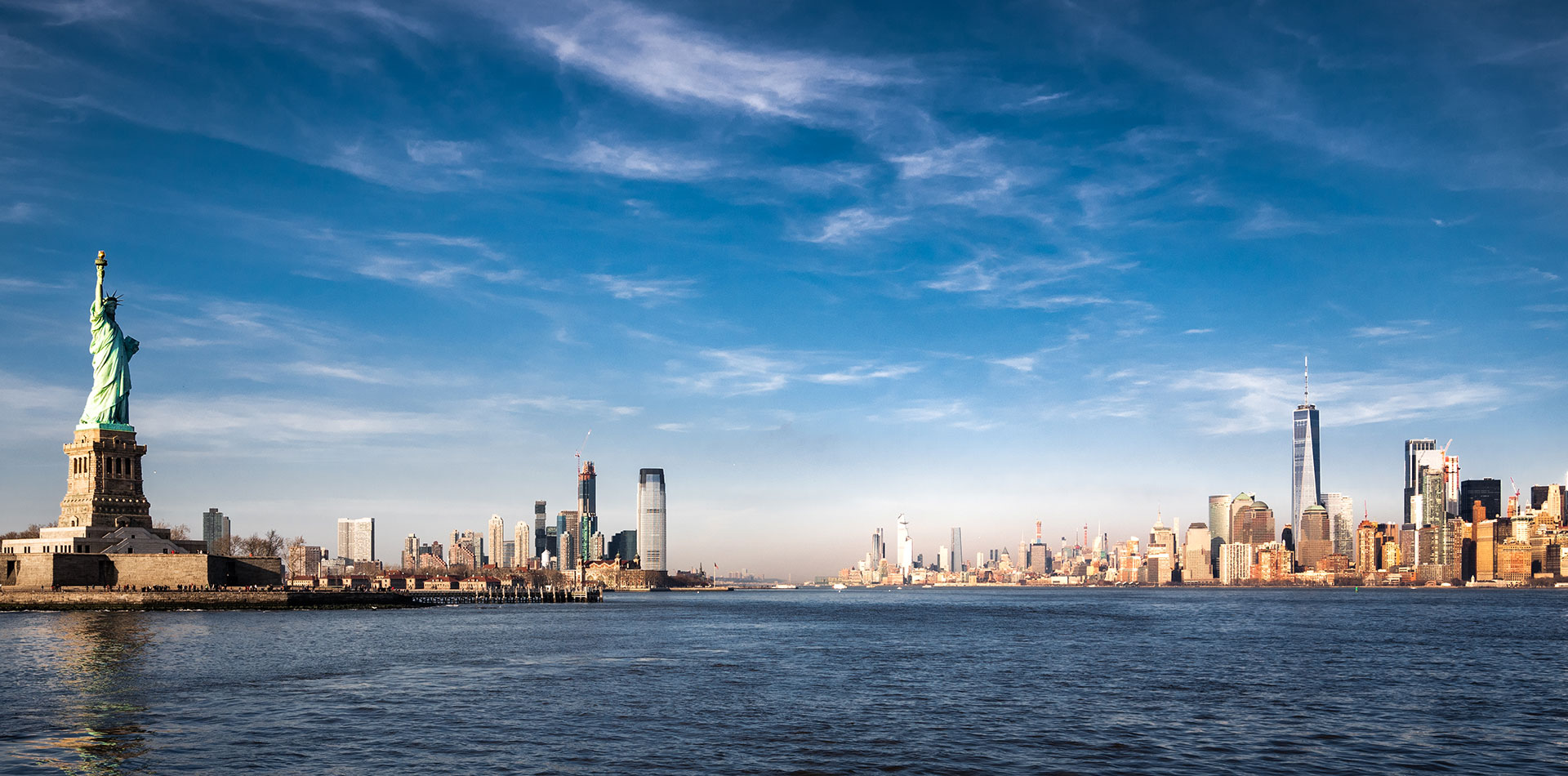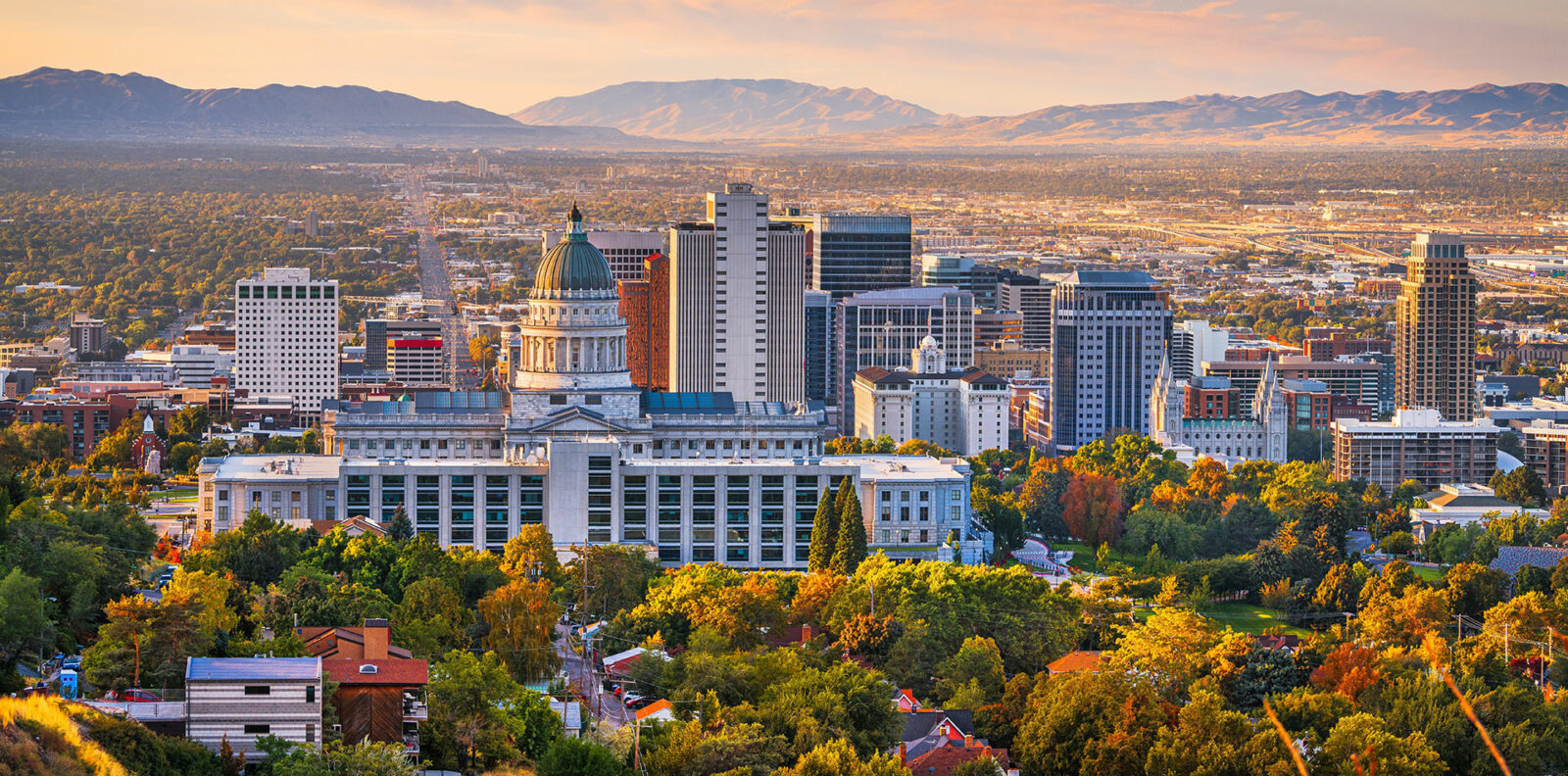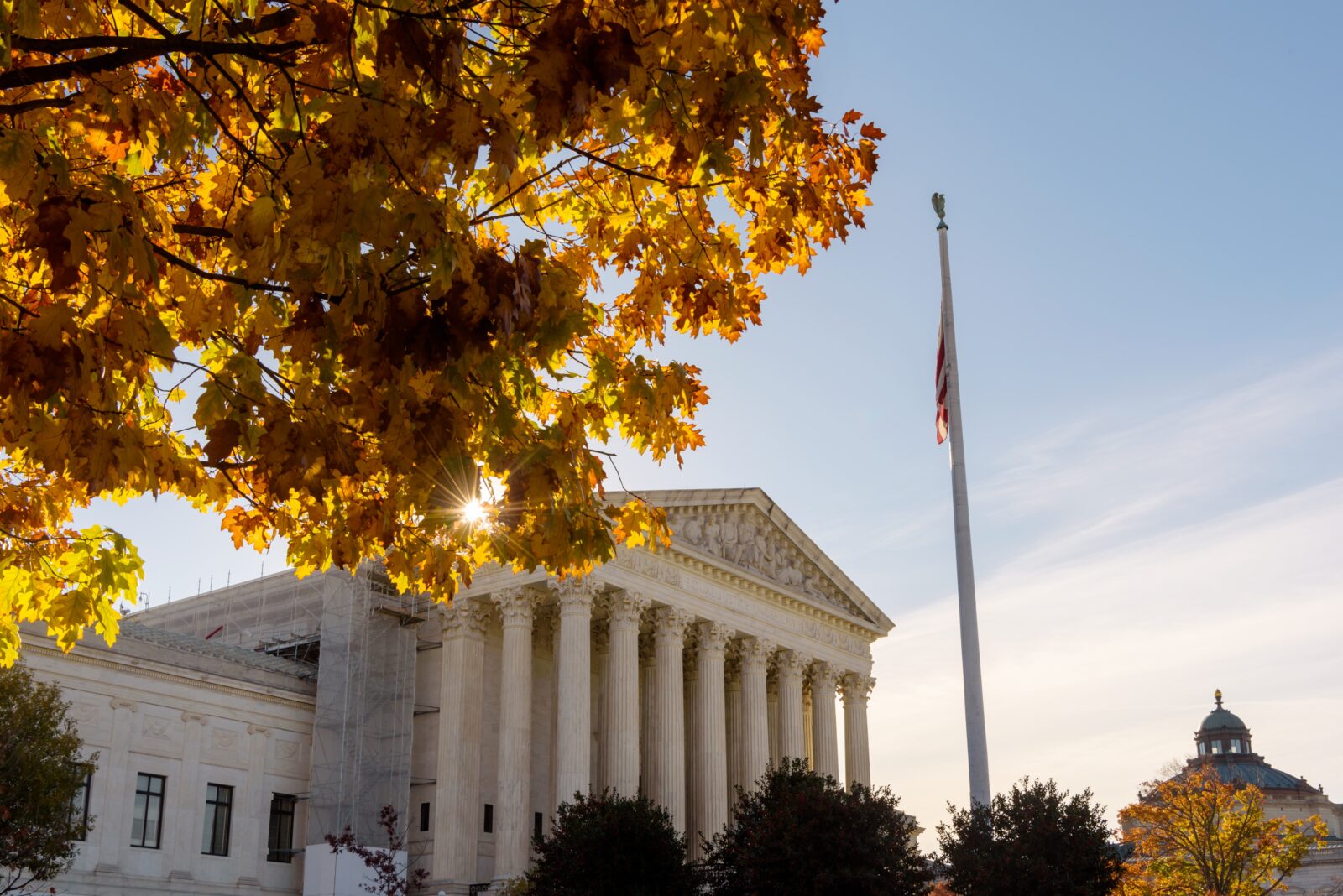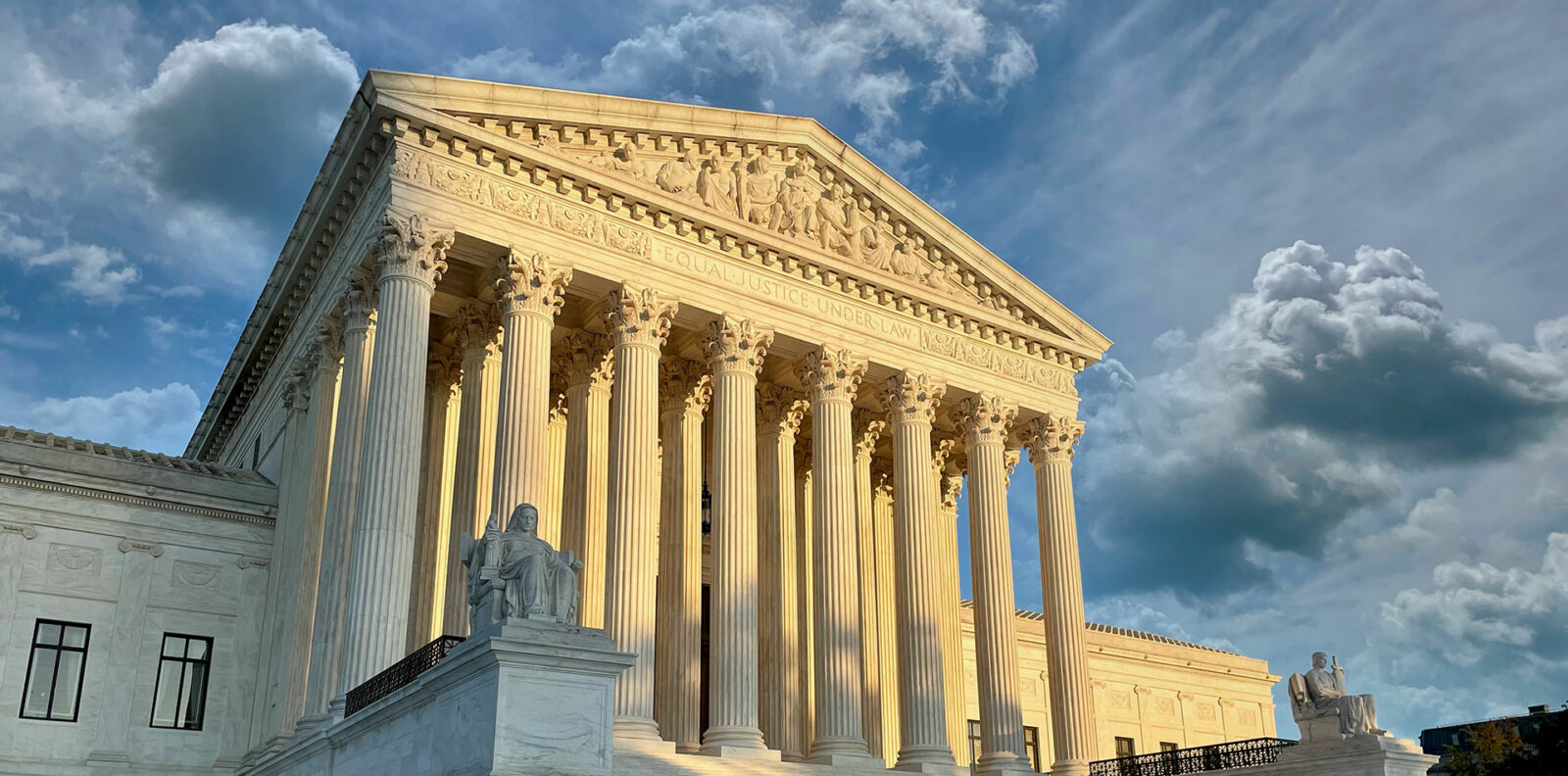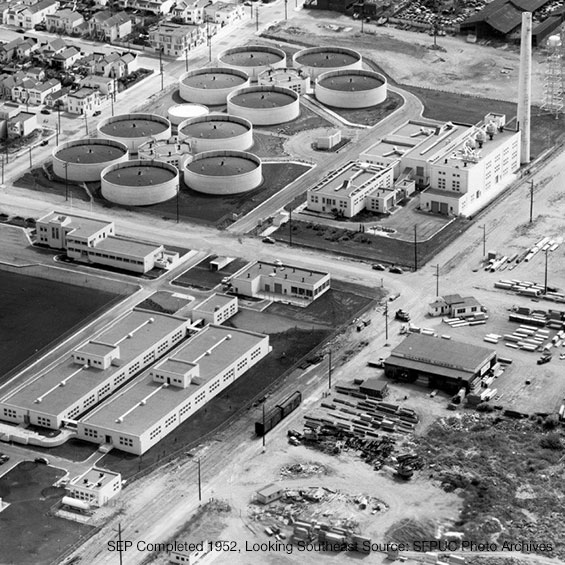On September 18, New Jersey Governor Phil Murphy signed S232 into law; this legislation mandates environmental justice impact statements for certain facilities requiring permits from the New Jersey Department of Environmental Protection. According to an official press release, this makes New Jersey “the first state in the nation to require mandatory permit denials if an environmental justice analysis determines a new facility will have a disproportionately negative impact on overburdened communities.”
New Jersey’s passage of this law stands in stark contrast to the current Presidential Administration’s revisions to numerous National Environmental Policy Act (NEPA) regulations. (This press release is worth a full read—the quotes from the advocates of the bill are full of hope and promise.)
“S232 gives the New Jersey Department of Environmental Protection the power to deny permits based on the potential environmental justice impacts of a proposed or existing facility.”
S232 defines “overburdened community” as “any census block group, as determined in accordance with the most recent United States Census, in which: (1) at least 35 percent of the households qualify as low-income households; (2) at least 40 percent of the residents identify as minority or as members of a State recognized tribal community; or (3) at least 40 percent of the households have limited English proficiency.”
The state also mandates at least one public hearing for certain projects proposed to be sited in such communities, and requires at least 60 days of notice prior to the hearing. After its review of the health risk evaluation, the Department of Environmental Protection has the power to deny a permit or require conditions for approval, including renewal permits for existing facilities.
What does this mean?
This is a big deal. S232 gives the New Jersey Department of Environmental Protection the power to deny permits based on the potential environmental justice impacts of a proposed or existing facility. This action-forcing mechanism goes above and beyond the standard environmental protections offered by NEPA regulations.
The reality is that those who suffer most from poor air quality are those who contribute the least to it. In a study published in PNAS in 2019, researchers defined “pollution inequity” as “ the difference between the environmental health damage caused by a racial-ethnic group and the damage that group experiences.” They found that “Blacks and Hispanics on average bear a ‘pollution burden’ of 56% and 63% excess exposure, respectively, relative to the exposure caused by their consumption.”
By implementing a law that requires environmental justice impact statements for major air quality polluters, like power plants and refineries, New Jersey is committing to cleaner, healthier air for its future and for all residents. If other states in the country follow in New Jersey’s footsteps, we will see more attention being paid nationally to potential environmental justice impacts at the beginning of facility design and siting processes, not just at the end.
ESA will continue to spend the time necessary with our clients to deepen our understanding of how their projects address environmental justice issues in our communities.
